San Diego Short-Term Vacation Rental Ordinance: What You Need to Know
With its beautiful beaches and perfect weather all year round, San Diego is a popular destination for people from all over the world. This is why short-term rentals are common in the city.
As a popular tourist destination, San Diego offers many types of vacation rentals, from beachfront homes in Mission Beach to Airbnbs in La Jolla that will blow your mind. The city is a good place to be a vacation renter or a homeowner who rents out their home.
However, as you might expect, there are rules for vacation rentals in San Diego that apply for luxury rentals and regular vacation rentals, including some new ones that were recently approved. Here’s what you need to know about vacation rental laws in San Diego.
San Diego Vacation Rental Laws, Rules, and Regulations
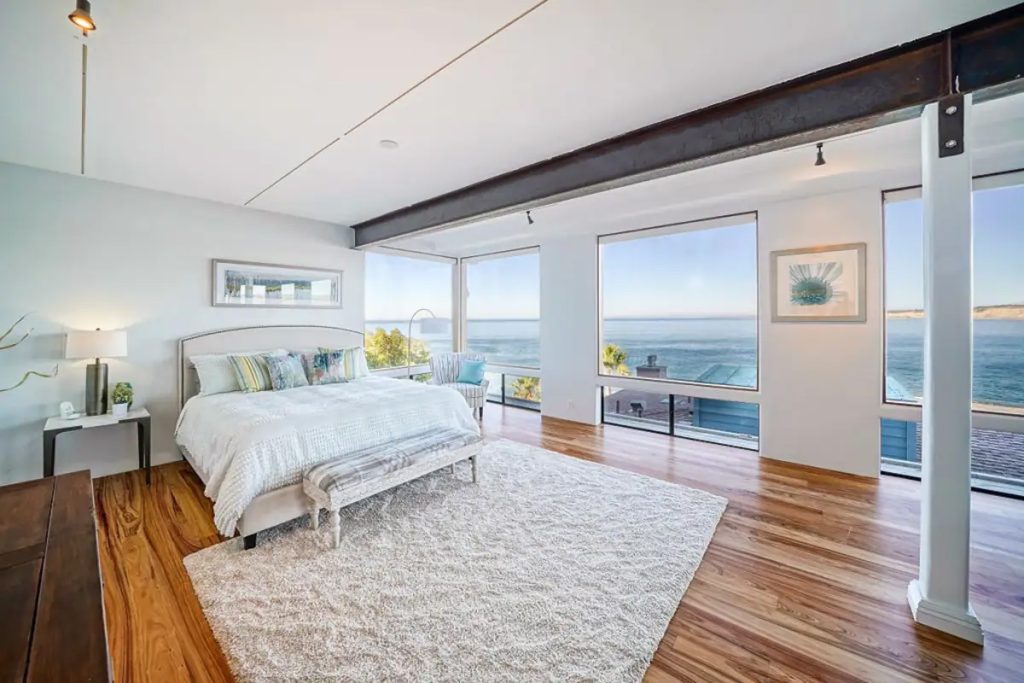
Whether you’re looking to rent a property for a vacation or you’re a landlord looking to make money from your home, it’s helpful to know San Diego’s Airbnb laws before you get started.
This is all the more true since in 2022, San Diego changed the rules. You may be here because you saw a report whose title said “San Diego caps whole-home short-term rentals.” Since the laws have changed, it’s a good idea to familiarize yourself with them before operating or hosting an Airbnb or vacation rental.
Here are the San Diego short-term rental regulations you need to know.
What is a short term rental?
In a nutshell, the City of San Diego defines short-term rentals as those lasting less than a month in most cases. There are exceptions, but whole-home rentals are short-term if a tenant only occupies the property for less than 30 days.
When it comes to single room rentals, San Diego’s short-term rental regulations can get more complicated. But, for most owners who rent out their home as something like an Airbnb, 30 days is a good rule of thumb.
Are short-term rentals allowed in San Diego County?
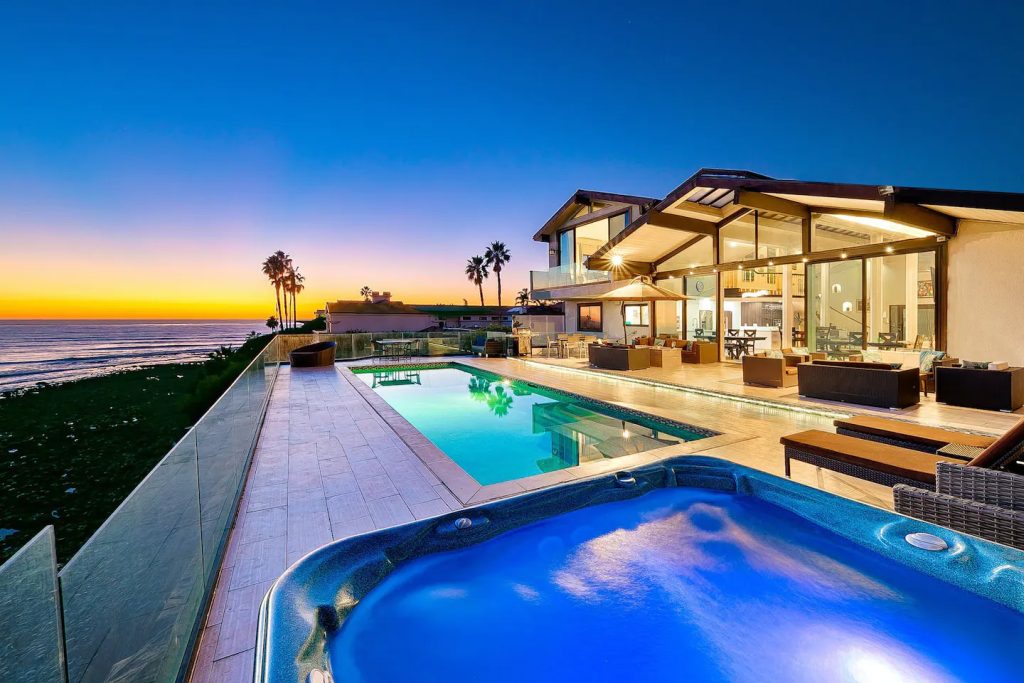
Yes, short term rentals are allowed in San Diego. There are, of course, rules and regulations governed by the San Diego Short-Term Rental Ordinance. But, generally, short-term rentals are allowed.
It should also be noted that many of these regulations only apply to the city of San Diego. You may find different rules in other independent cities in the county, such as Oceanside or Encinitas.
Do you need a permit for Airbnb in San Diego?
Technically, yes. Before you can become an Airbnb host or rent out your property to guests, you will need to obtain a license. We’ll cover more details later in this article, but the short answer is that you’ll have to follow San Diego’s short-term rental ordinance.
The license itself is relatively affordable, but it does require you to pay a short-term rental tax to the city, as well as business taxes on the income you earn from your rentals.
What are the rules on shorter vacation rentals in San Diego?
The rules on short-term rentals depend on the type of rental, but here’s what you need to know about San Diego’s short-term rental laws in the different categories available.
Short Term Residential Occupancy Permit
Any person in the city who rents their property or part of their property to a guest is subject to the City of San Diego’s Short-Term Rental Ordinance. This means following Municipal Code requirements and obtaining a Transitional Occupancy Registration Certificate.
The Transient Occupancy Registration Certificate requires an application fee of $25 and a license fee of $100.
There are also four types of licenses which are issued depending on the exact circumstances.
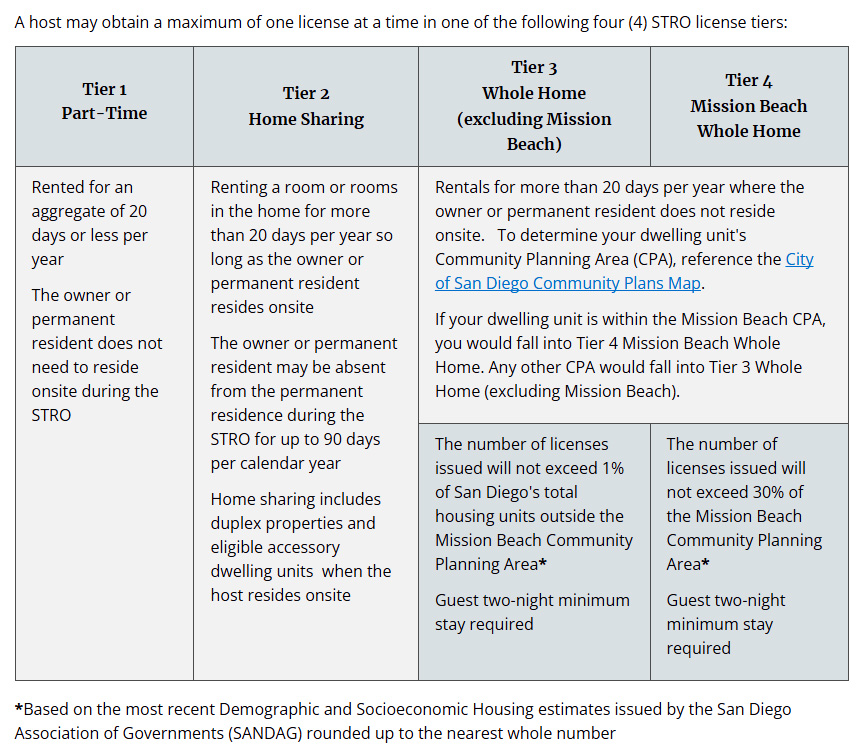
- Part-time licenses are for people who rent a home less than 20 days per year.
- Home-sharing licenses are for those who rent one room or multiple rooms in a house for more than 20 days per year.
- Whole house rental licenses are for owners who rent out an entire house more than 20 days per year.
It should be noted that there is a cap on licensing in San Diego. In Mission Beach, the cap is 30%. In the rest of the city, it’s 1%.
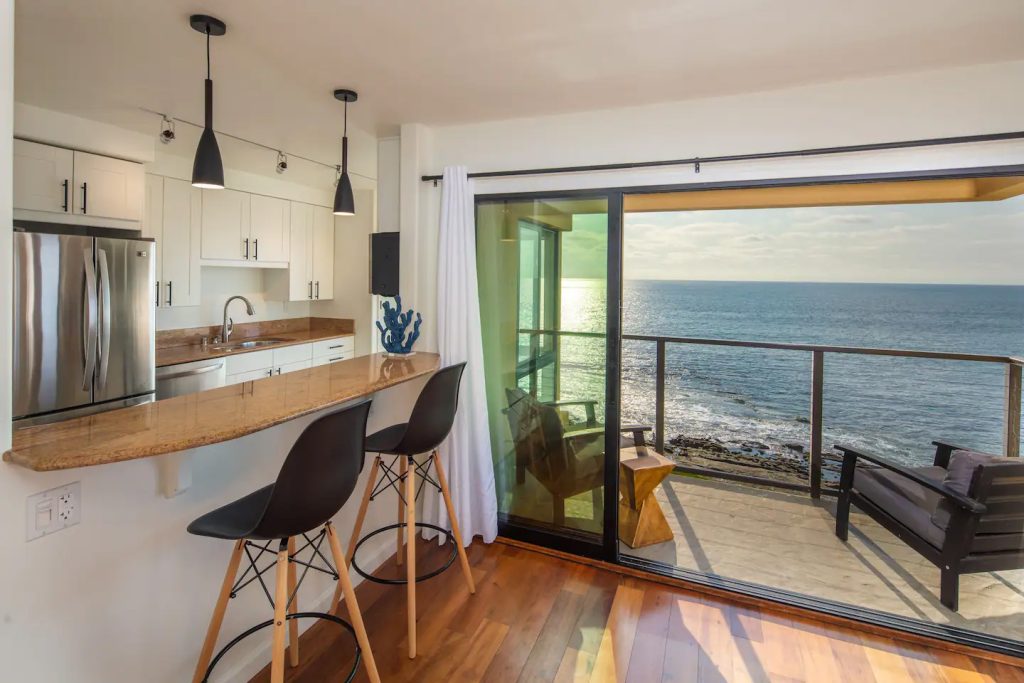
Transitional occupancy tax
In addition to obtaining a Transient Occupancy Registration Certificate, owners who rent out their homes as vacation rentals will also be subject to taxes under San Diego’s Short-Term Rental Ordinance.
Currently, the tax rate is set at 10.50% of income. Taxes must be paid monthly and are due no later than the last day of the following month.
Business tax on rental units
This is not specifically related to San Diego County short-term rental laws, but it does apply to those who rent out their property. Basically, any business that operates in San Diego must pay business taxes to the city.
You will need to apply for a business license before operating a vacation rental in San Diego. The tax itself will be set according to your income.
Why Do These San Diego Vacation Rental Laws Exist?
Many counties across the country require licenses or permits for short-term rentals. San Diego’s ordinances and regulations can be seen as a reaction to the city’s lack of affordable housing, as well as complaints from current residents.
San Diego is a tourist hotspot, which means many local landlords rent out their homes. This drives up the cost of long-term housing in the city, especially during peak tourism months. Residents also complain about lack of parking, tourists throwing parties, and other issues.
So there are regulations regarding Airbnbs in San Diego, whole house rental rules, etc. to address these issues. These rules apply to all areas of the city, the San Diego Luxury Airbnbs to more modest accommodations in Ocean Beach.
How many short term rentals are there in San Diego?
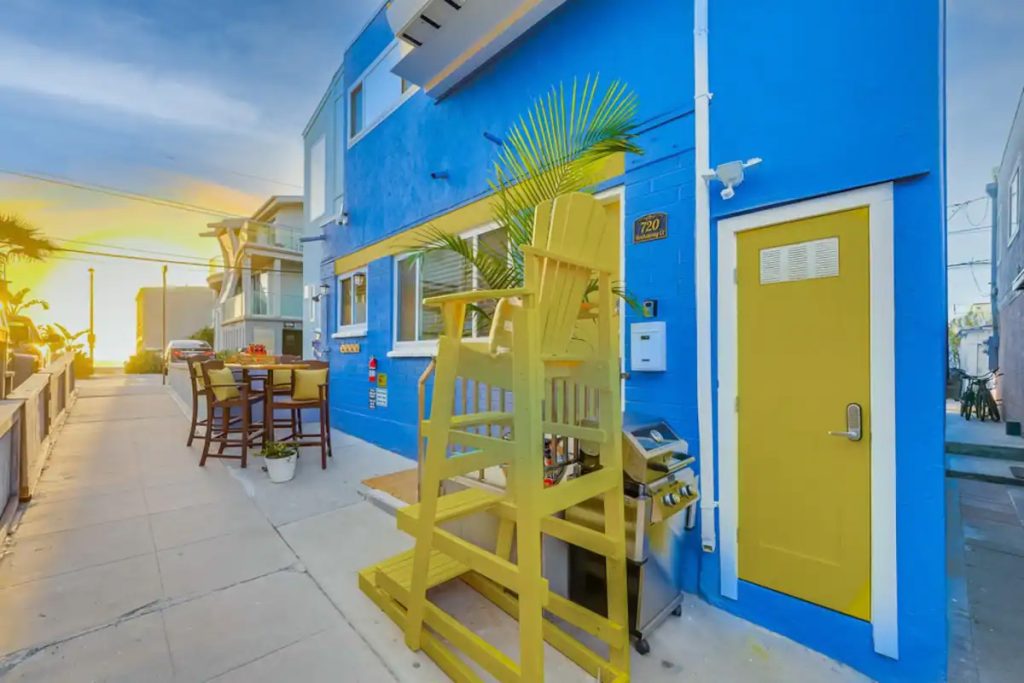
The number of short-term rentals in San Diego is unclear at the time of writing, but a March 2022 estimate indicates that at the time there were around 12,300.
That changed with the City of San Diego ordinance capping short-term rentals. Under the new regulations, short-term whole-home rentals will be capped at 1% of the city’s total housing stock. That’s 5,400 short-term rentals.
There are a few exceptions to this. Mission Beach — a popular tourist destination and vacation rental spot — is capped at about 30% of housing stock. That’s about 1,100 short-term rentals in the neighborhood alone.
A total of 6,500 licenses will be available for short-term rentals throughout San Diego. This is a competitive number and well below the 2022 estimate of 12,300. In the interests of fairness, the city distributes licenses through a lottery system.
Another exception is the category of lodged rentals, or a person living in a house renting a room. There are currently no caps on these types of rentals.
How to Apply for STRO License
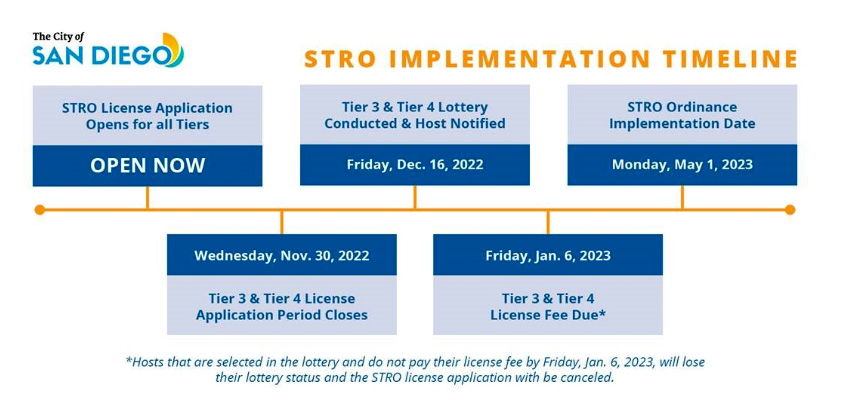
Since October 2022, owners who wish to obtain an STRO license can apply for it. For hosts of whole-home rentals in Mission Beach and San Diego, you have until November 30, 2022 to submit an application. Winners of STRO licenses for whole-home rentals – chosen by lottery – will be announced by December 16, 2022. There is no deadline for part-time or room-sharing rentals as there there is no cap for these types of properties. The requirement for landlords to have a short-term rental license officially begins in May 2023, so you should ensure your applications and fees are in order before then.
For more information on available licenses and how to apply, you can head to this website: https://www.sandiego.gov/treasurer/short-term-residential-occupancy
San Diego is still a great place for vacation rentals
Despite the short-term rental ordinance, San Diego remains a great place to rent your home or get a vacation rental for the summer. After all, San Diego has some of the best weather, scenery and people in the country!
The vacation rental market in San Diego is more competitive than it was due to the short-term vacation rental ordinance. However, there is undoubtedly a thriving vacation rental market in the city.
And even better, because of the rules, people looking to move to San Diego permanently might be able to find more affordable housing than they otherwise could.
About the Author: Mike Peterson is a freelance journalist and writer based in North San Diego County. He has written and worked for a number of local media, including the San Diego Union-Tribunethe North Coast Currentand the Ocean’s Edge Blade. Additional reports by LaJolla.com staff.
The photo and banner images in this article are courtesy of Airbnb.com.
STRO License Level Chart and STRO Implementation Schedule courtesy of SanDiego.gov

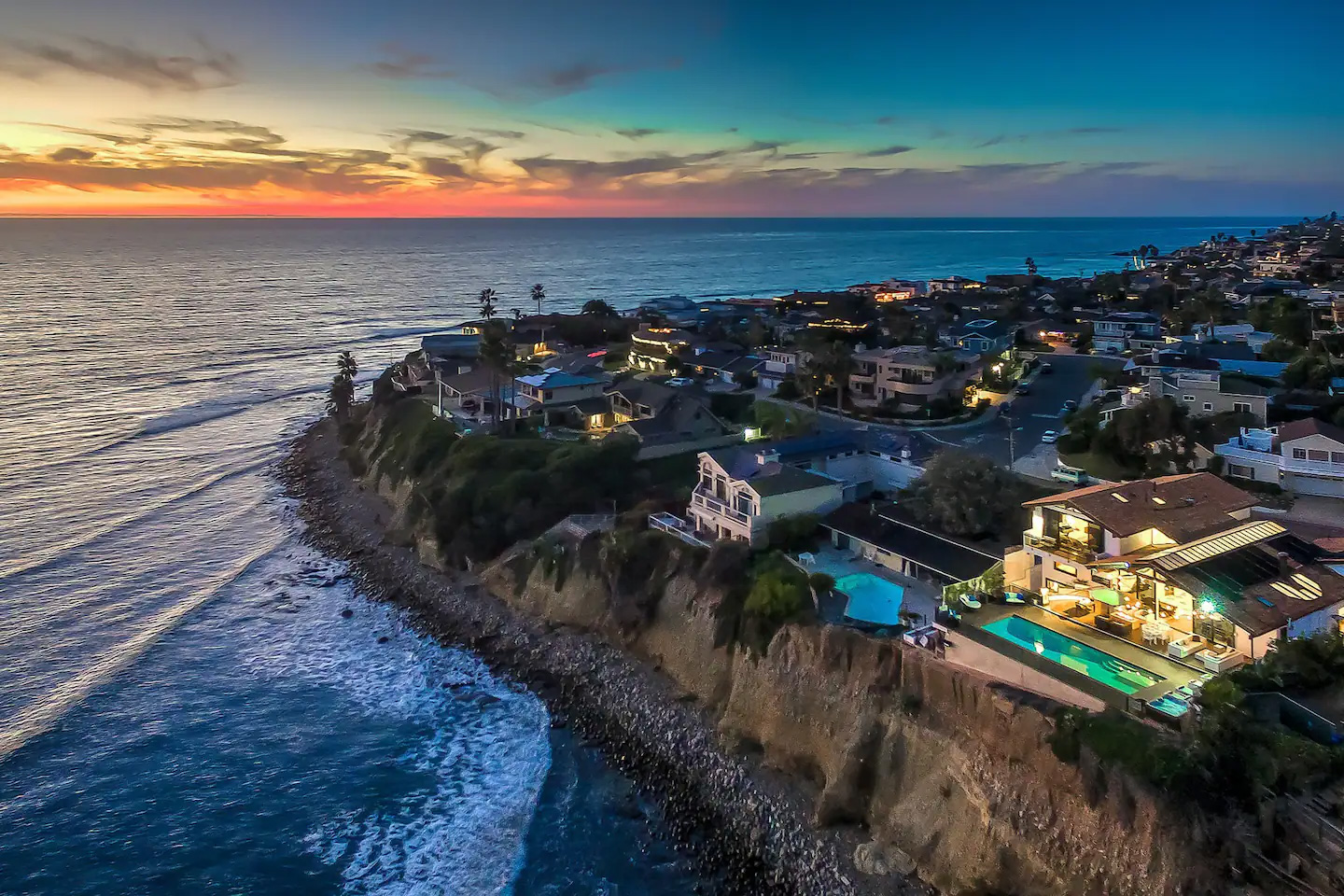

Comments are closed.